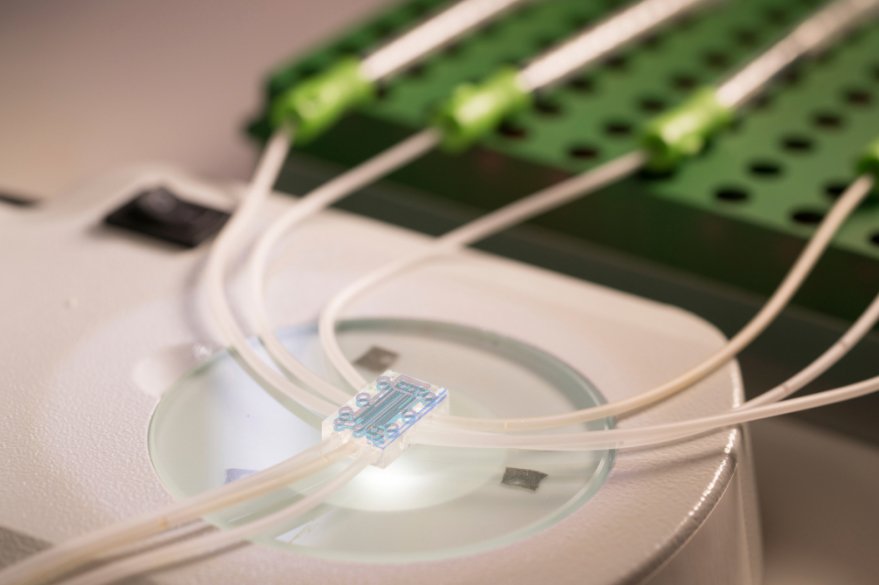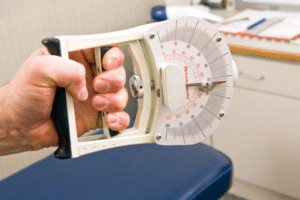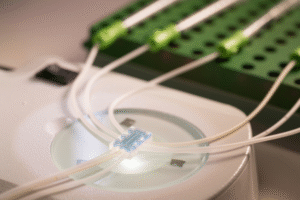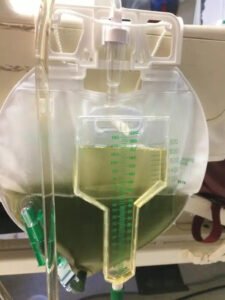As part of an extensive effort to radically change how pain is diagnosed, researchers have created an innovative microfluidic biosensor that has been termed the “pain-on-a-chip.” The sensor is designed to identify pain signatures from small blood samples and could provide a pivotal shift in how chronic pain is monitored and addressed from an objective, biological standpoint. Chronic pain is a global health issue that affects millions of people and imposes a significant burden on quality of life.
Pain is one of the most common medical complaints and a major reason for prolonged disability. Pain can be categorized as either acute, which typically lasts three months or less for recovery, or chronic, which persists beyond the expected healing time of an injury and can involve structural changes and immune components. Additionally, chronic pain is often difficult to define and manage as it is individualized, often involving biological, emotional, and social aspects.
The “pain-on-a-chip” technology attempts to minimize this limitation by using biosensor systems to measure physiological response to a specific stimulus, which provides a clinician with an evidence-based alternative to verbal pain assessment. There is a microfluidic platform with specialized sensory cells that detect a change in calcium signalling in response to different chemicals that cause pain, such as ATP and capsaicin, which stimulate pain receptors.









